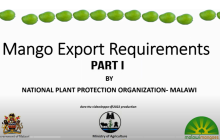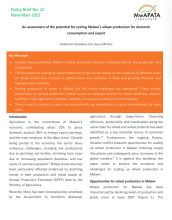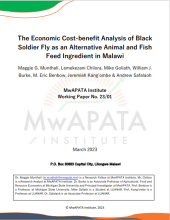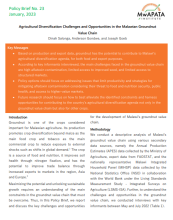The incrementation of lysine, tryptophan and maize protein nutritional value in locals where maize is staple food could contribute significantly to improving the population nutritional status. The objective of this study was to estimate variance and average components related to the maize protein quality based on tryptophan and grain yield analysis, and to select from the early generations progenies which best complement with the tester for both characters. The laboratory analyses were carried out by using colorimetric reactions and the statistical analyses were based on mixed model. The experiment was set out in partially balanced square lattice with 144 treatments, two replications and 12 blocks. The estimations, associated with the assessed treatment performances made it possible to infer that both populations are promising for recurrent selection and suggested good experimental precision. The selective accuracy demonstrated the possibility of obtaining gains by selecting in both characters. For tryptophan content, the specific combining ability presented small magnitude value due the qualitative inheritance and, the additive effects might have been more important. The shrinkage effect in grain yield was more noticeable than the tryptophan content. Over 25% of the progenies contributed positively to the tryptophan content and only 3.65% to grain yield.
Selection of maize progenies for tryptophan content and grain yield
Content Type:
Partner Collections Content
Date of publication:
February, 2016
Copyright/Licence:
File format:
Language:
Description/Abstract:
Keywords:
Zea mays, QPM, Mozambique, specific combining ability, shrinkage, BLUP.
























































